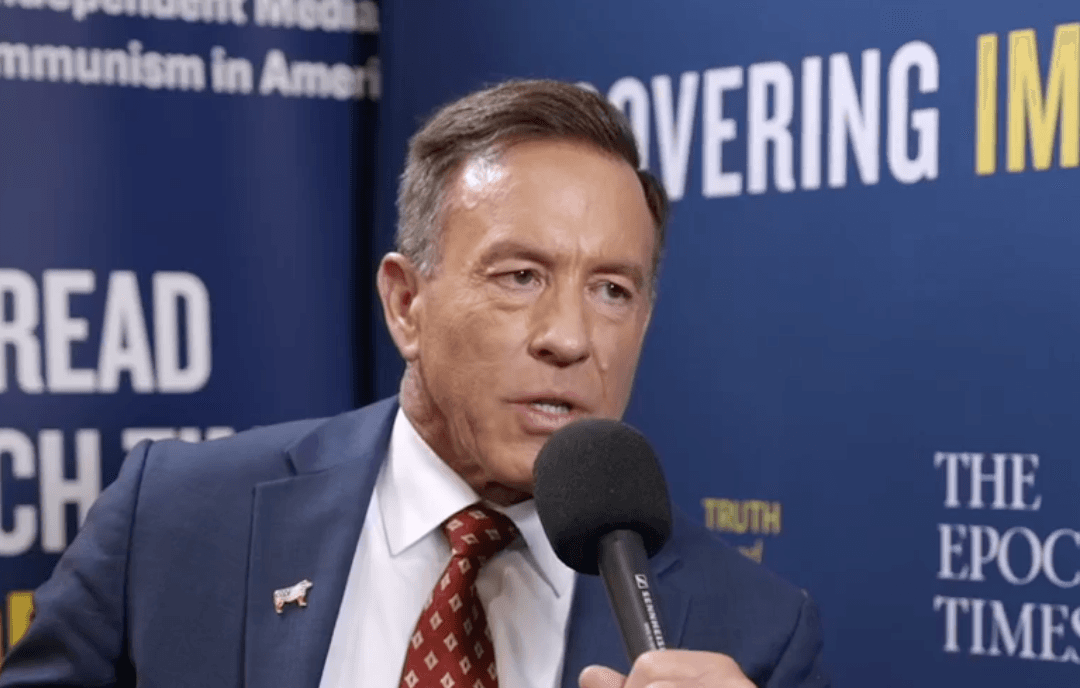Dr. Brooke Miller is the president of the U.S. Cattlemen’s Association (USCA), representing grassroots cattle producers, backgrounders, and feedlot operators, and works to ensure the profitability of cattle ranching and farming in the United States. Despite the organization’s efforts, Miller points to the looming threat facing the U.S. cattle industry, mainly caused by the monopoly that large meat packing companies have.
Miller warns that more and more small ranchers are going to go out of business and a meat shortage in the future is likely because of our reliance on meat from foreign countries like Brazil and Canada, which are allowed to label foreign-produced meat as U.S.-grown.






